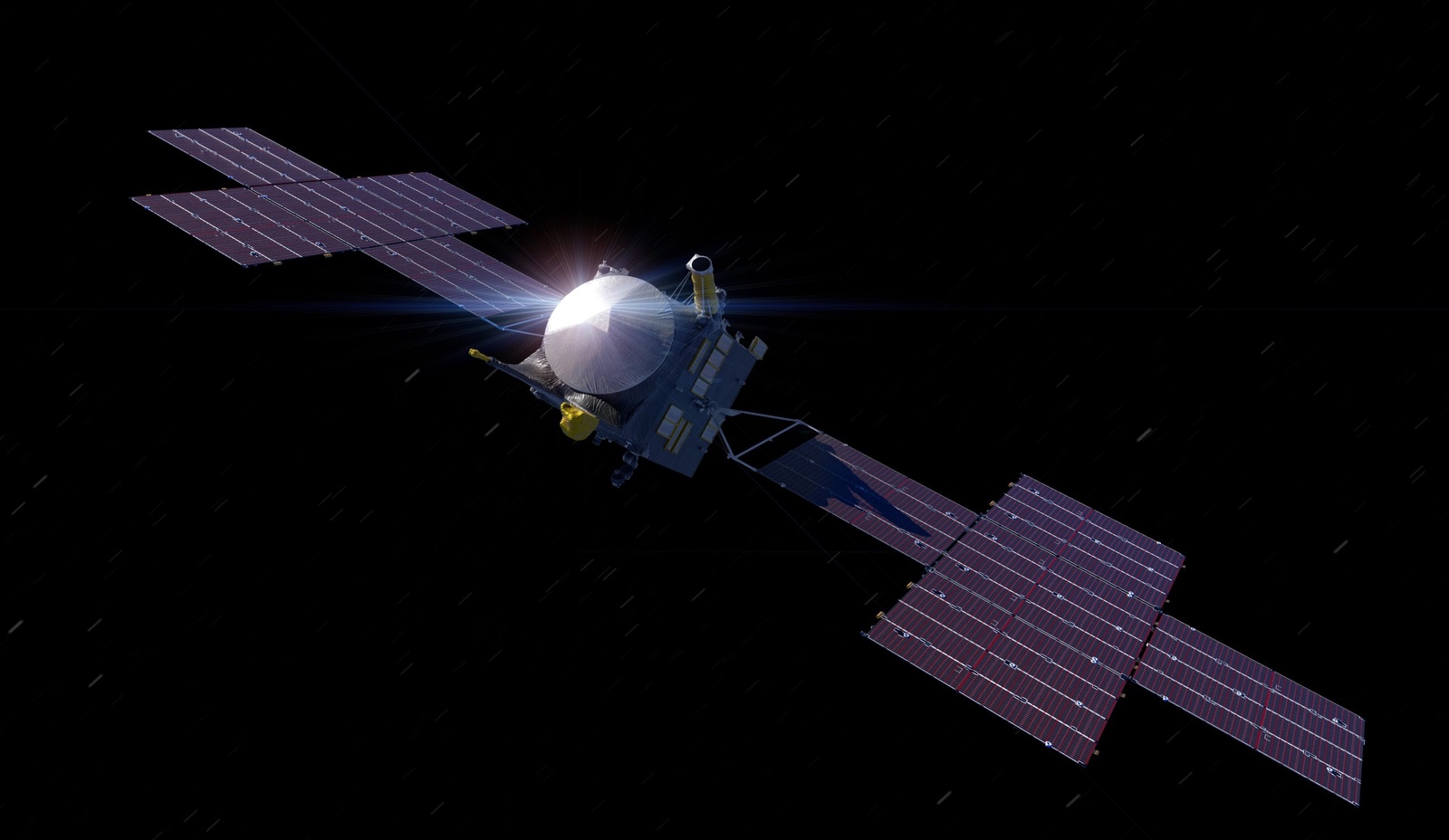WASHINGTON — An independent review has concluded NASA’s Psyche asteroid mission is back on course for a launch this October after software problems, exacerbated by institutional issues at JPL, delayed its launch last yr.
NASA released June 5 a report by the independent review board (IRB) commissioned by the agency last yr after Psyche missed two launch windows in 2022 due to delays in the event and testing of flight software. That board concluded last fall that Psyche had suffered from software development programs but additionally broader issues on the Jet Propulsion Laboratory, including a strained workforce and poor internal communications.
The brand new report assessed how each the mission and JPL had implemented recommendations the board made in its earlier report, concluding that each had made major progress.
“The IRB believes the response to our Psyche project and JPL institution findings and suggestions to be excellent,” Tom Young, chair of the IRB, said in a call with reporters. “We consider that Psyche is on a positive course for an October 2023 launch.”
For Psyche, that work involved reorganizing the project across the remaining work ahead of launch and bringing in experienced leadership, said Laurie Leshin, director of JPL. The project is now “nearly through” all of the remaining software testing.
With 18 weeks remaining before launch, preparations are going well, with seven weeks of schedule margin. “The project, I’m pleased to report, is green across the board, and on course for our October launch,” she said.
The delay does come at some additional cost to NASA, which officials on the decision said continues to be being assessed. A May 31 report by the Government Accountability Office assessing major NASA projects noted that the price of Psyche, projected at slightly below $1 billion on the time of its confirmation in 2019, has grown to just about $1.13 billion as of January 2023. The report added that recent estimate was under review because of probably higher operations costs linked to an extended travel time brought on by the delay.
JPL, meanwhile, has been working on other recommendations related to workforce and communications which have been in progress for months. That features a recent hybrid work policy that requires most individuals to work on site three days every week. The lab has improved hiring and retention efforts, bringing in what Leshin called “lots of” of experienced employees, greater than 50 of that are individuals who previously worked at JPL and decided to come back back.
“We’ve overcome our workforce issues, our missions are staffed and we’re much stronger today,” she said.
The teachings from Psyche are being applied to other missions at JPL. Leshin said that the Europa Clipper mission, under development for an October 2024 launch to check the icy moon of Jupiter, underwent a reorganization like that for Psyche to concentrate on the remaining work.
One advice that the independent review board found inadequate was improving the standing review board (SRB) process, an outdoor board for missions like Psyche designed to seek out issues like those Psyche encountered and communicate them to project and NASA leadership. The timing of the SRB reviews didn’t allow them to effectively catch the problems that delayed the mission, the independent panel concluded.
Young said an SRB might be “a very credible project management tool” provided it has the fitting people and meets regularly enough to timely discover problems. “It’s something that needed a whole lot of attention” for mission typically, and not only Psyche, he concluded.
He said NASA agreed that the SRB process must be strengthened, and it’s a work in progress. “I even have high expectations that we’re going to get this SRB process under control so we actually can count on it to be a check and a balance on flight projects.”
Lori Glaze, director of NASA’s planetary science division, agreed that the SRB process might be improved. “The intent here is to take the findings and really overhaul, or re-look at, the SRB processes across all of NASA.”
There aren’t any plans to do “full-up” reviews of other centers working on NASA science missions, said Nicola Fox, associate administrator for science, given the effort and time involved. “What we’re doing is we’re making a really concerted effort to be sure that the entire lessons learned and best practices are being openly passed to the entire other centers,” she said.
Fox, who took the job in February, said she was pleased with the progress to get Psyche back on course and to enhance JPL. “We definitely don’t feel that we are able to rest and even consider that the problems have gone away or will go away,” she said. “What we actually feel here is that we’ve began to vary, and this transformation must proceed.”







